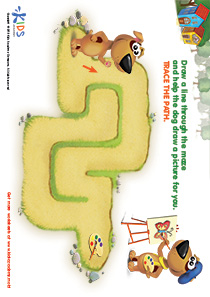Fine Motor Skills Logic and Early Math Worksheets for Ages 3-4
5 filtered results
-
From - To
Enhance your child’s developmental journey with our Fine Motor Skills Logic and Early Math Worksheets designed specifically for ages 3-4. These engaging worksheets blend fun activities with foundational math concepts, promoting critical thinking and fine motor coordination. With colorful visuals and interactive challenges, children will improve their grip, hand-eye coordination, and cognitive skills as they solve puzzles and tackle early math problems. Our curriculum aligns with early learning standards, ensuring a comprehensive foundation for future success. Elevate your child’s learning experience today with worksheets that stimulate creativity and bolster essential skills in a playful, enjoyable manner!
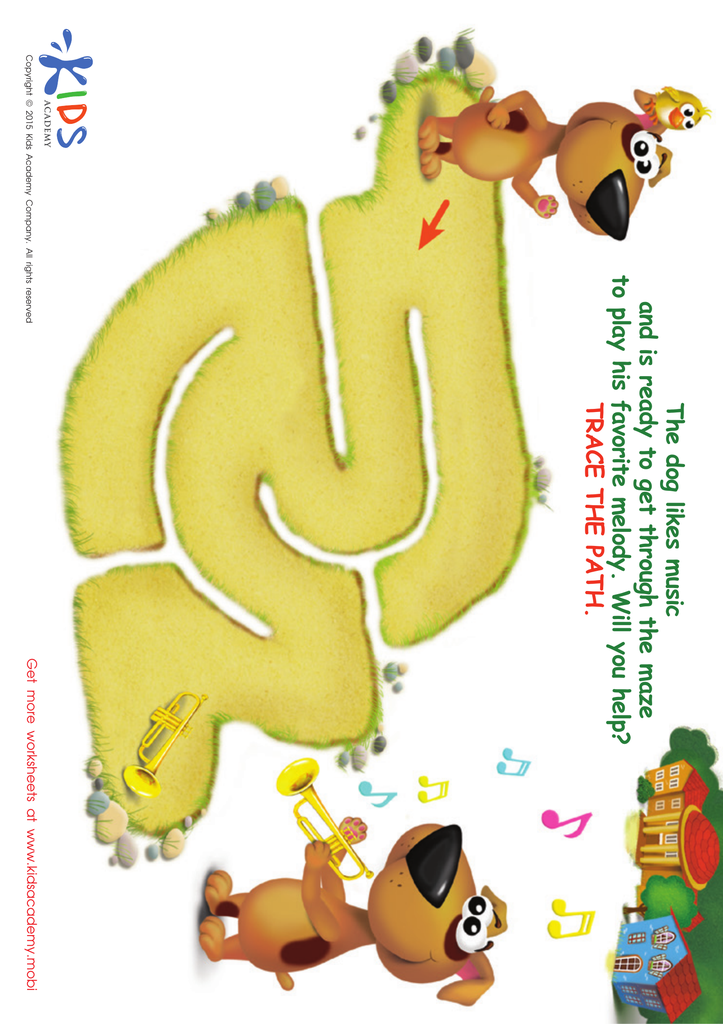

Trumpeter Maze Worksheet
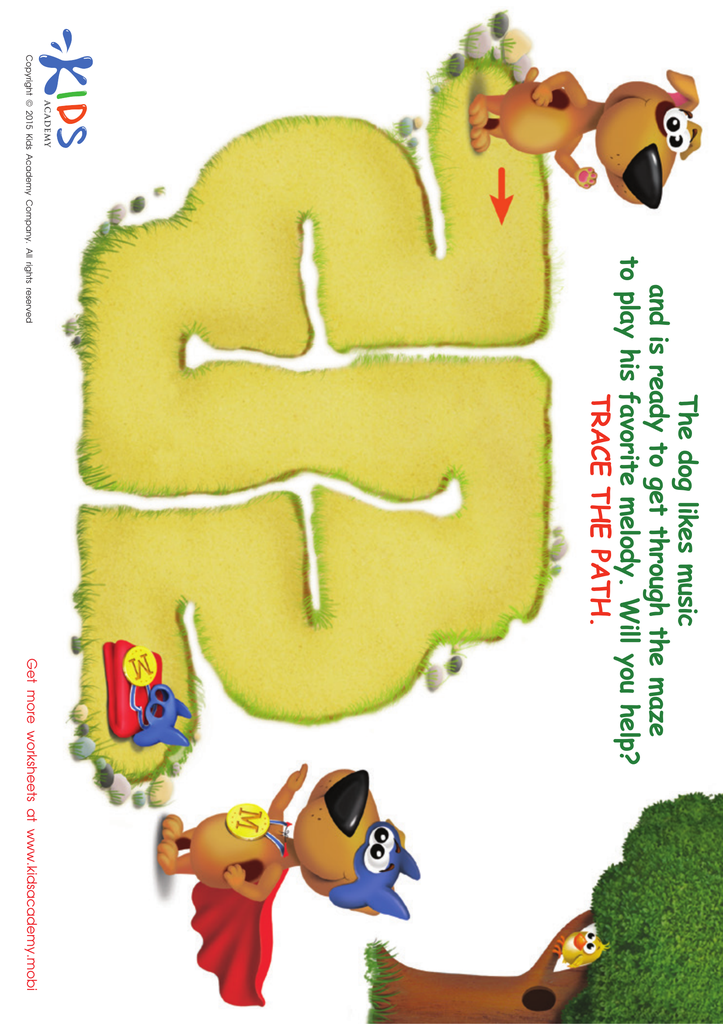

Superman Maze Worksheet
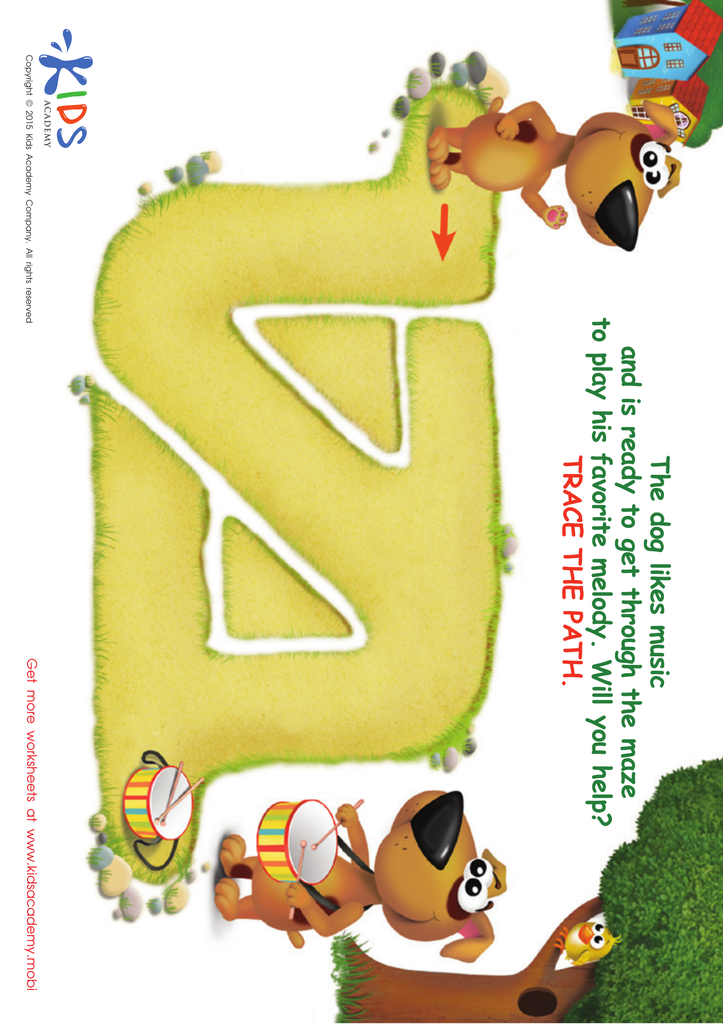

Drummer Maze Worksheet
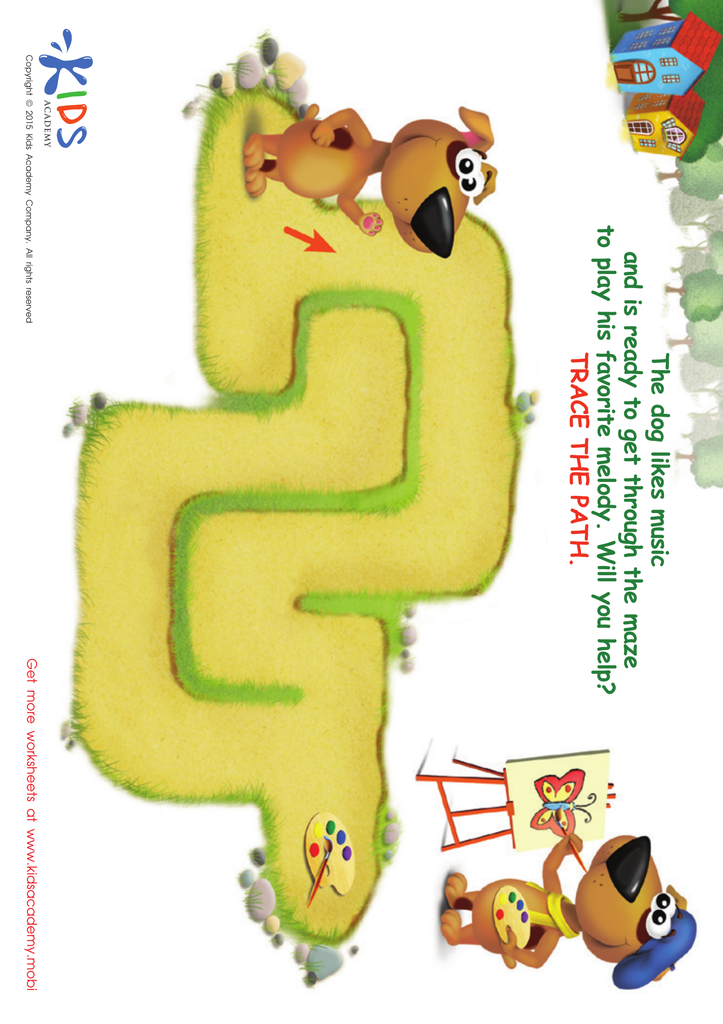

Artist Maze Worksheet
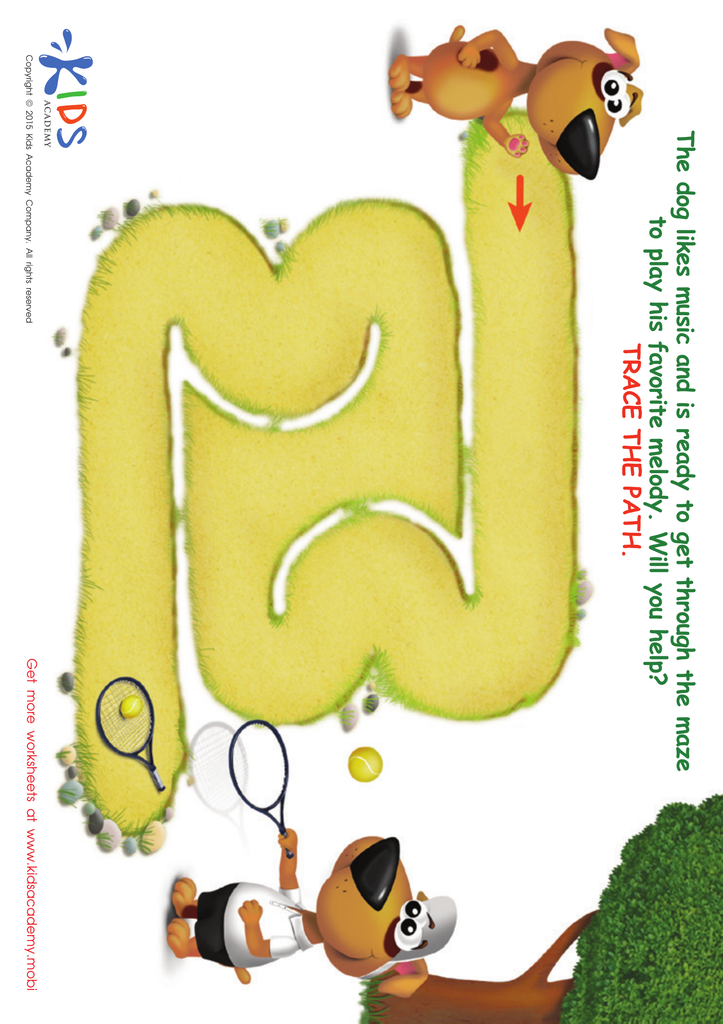

Tennis Player Maze Worksheet
Parents and teachers should prioritize the development of fine motor skills and early math logic for children aged 3-4 because these foundational skills are critical for a child's growth and future academic success. Fine motor skills involve the coordination of small muscle movements, typically in the hands and fingers. Activities such as drawing, cutting, and threading not only enhance hand-eye coordination but also promote concentration and resilience. These skills set the stage for more complex tasks like writing and problem-solving later on.
Simultaneously, introducing early math concepts helps children make sense of the world around them. Activities that involve counting, sorting, and recognizing patterns lay the groundwork for mathematical understanding. Early math supports logical thinking and encourages kids to explore relationships between numbers and objects, fostering critical thinking skills that extend beyond mathematics.
Together, these skills contribute to cognitive, social, and emotional development. Children who are adept in fine motor tasks and possess basic math skills are more likely to feel confident and engaged in learning. By nurturing these abilities at an early age, parents and teachers equip children with essential tools for lifelong learning, enabling them to tackle more complex challenges as they progress through their educational journey.












